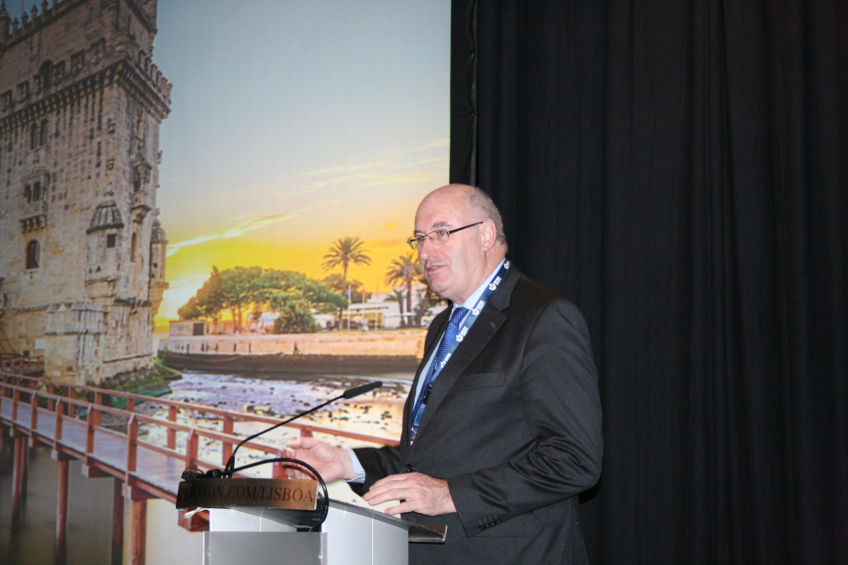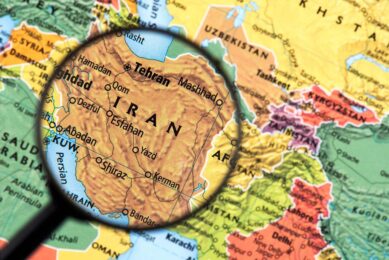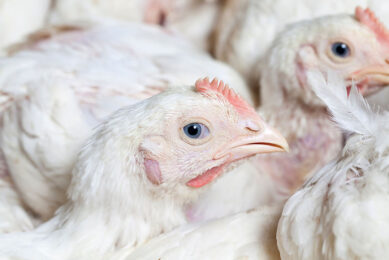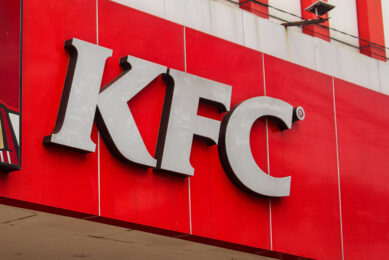AVEC pleads for a level playing field

More than 90% of poultry processors in Europe, united in A.v.e.c., the association representing the poultry meat industry in the EU, commemorated the 50th anniversary of the association in its General Assembly in Lisbon, Portugal. Special guest Euro-commissioner Phil Hogan emphasised his commitment for raising third country production standards before EU market access.
The European Commissioner for agriculture, Mr Hogan, opened his speech congratulating the EU poultry meat sector for its strong performance in recent years. He outlined that the Commission is assisting EU producers to create new opportunities on the export side through trade missions he is personally undertaking, as well as free-trade agreements in countries such as Japan, Philippines, Indonesia or Mexico. He added that the Commission will remain particularly vigilant on the sensitivity of the sector in granting access to EU market in future Mercosur and TTIP negotiations, while assuring it is unlikely to reach an outcome on TTIP before the end of President Obama’s mandate. He also expressed clear support to EU producers regarding the potential introduction of safeguard measures by South Africa. Finally, in a lively discussion with the participants, he expressed his commitment to support the EU poultry industry while guaranteeing that EU standards for market access will not be lowered in future agreements.
It is a thorn in the side of the European poultry processors that there is a lot of talk on import rules, but that there is still a large grey area. A.v.e.c president Paul Lopez: “We want a level playing field with identical, not equivalent standards. This is essential on the primary production farm and in all chains of the supply chain before and after the farm.’’ He refers to the situation in the Ukraine, which he describes to be the ‘Brazil’ of Europe. Here production is cheap and, at the same time, not all criteria for EU production are met. Lopez underlined in a chart the new situation of Ukraine which today may produce at lower costs than Brazil and Argentina and represents a clear threat at the gates of Europe. Russia has also benefited from the political embargo and devaluation of the rouble to get more competitive than all EU countries and become a new threat for imports. “Stocking densities of more than 60 kilo’s per square meter are allowed there and that gives them a huge competitive edge.’’
International trade
Lopez pictured the trade situation of the EU poultry meat market, stressing the imbalance between imports and exports: while imports are lower than exports in quantity with positive balance of + 569,000 ton, in value, imports exceed exports with €214 mln. This is mainly due to imports of high value products from Brazil and Thailand, since today 25% of the breast meat consumed in the EU is imported from third countries.
The revision of the rules governing the TRQ management for simplification purpose will benefit supplying third countries to the expenses of EU poultry producers. As regards exports, the EU must remain net exporter of poultry meat and the president called for the political support of the Commission to combat unfair protectionist measures from South Africa, to avoid the application of provisional duties before that a political solution has been found.

Disease management
In the past years several EU countries have been confronted with Avian Influenza outbreaks and the immediate actions taken by authorities and producers have proven to be effective. However, a.v.e.c. and ELPHA (European Live Poultry and Hatching eggs Association) believe OIE should revise the notification system of LPAI to avoid it is used as a trade barrier by third countries.
As regards antimicrobial issue, a.v.e.c. reaffirmed its full commitment of supporting a responsible use of veterinary medicines hand-in-hand with good biosecurity practices, defending the core principle that prevention is better than cure. The reduction of campylobacter in poultry is a big challenge and a.v.e.c. members are strongly committed to tackling campylobacter with an effective and sound “step by step approach” based on research and science. The poultry industry considers the use of chemical substances as a move away from the European “farm to fork” policy strongly defended by the sector.
Consumer confidence and information
The interpretation of the Commission that considers that meat deboned with a machine is different from meat deboned with knife is devaluating part of poultry meat and it is weakening the competitive position of EU industry. Furthermore, a.v.e.c. defends the right of the consumer to be informed on the origin of the meat when imported from third countries as the standards of the imported poultry are not identical to European standards. Therefore all products containing more than 25% of poultry meat should be labelled with EU/non EU + name of the country in case it is coming from outside of the EU.
In the last part of his presentation, President Lopez explained the need to reintroduce PAPs (processed animal protein) to improve the environmental impact of the sector and limit the dependence to feed imports from third countries. a.v.e.c. president concluded his intervention reiterating his commitment to keep the EU consumer confidence in particular with keeping the poultry meat production in the EU.












